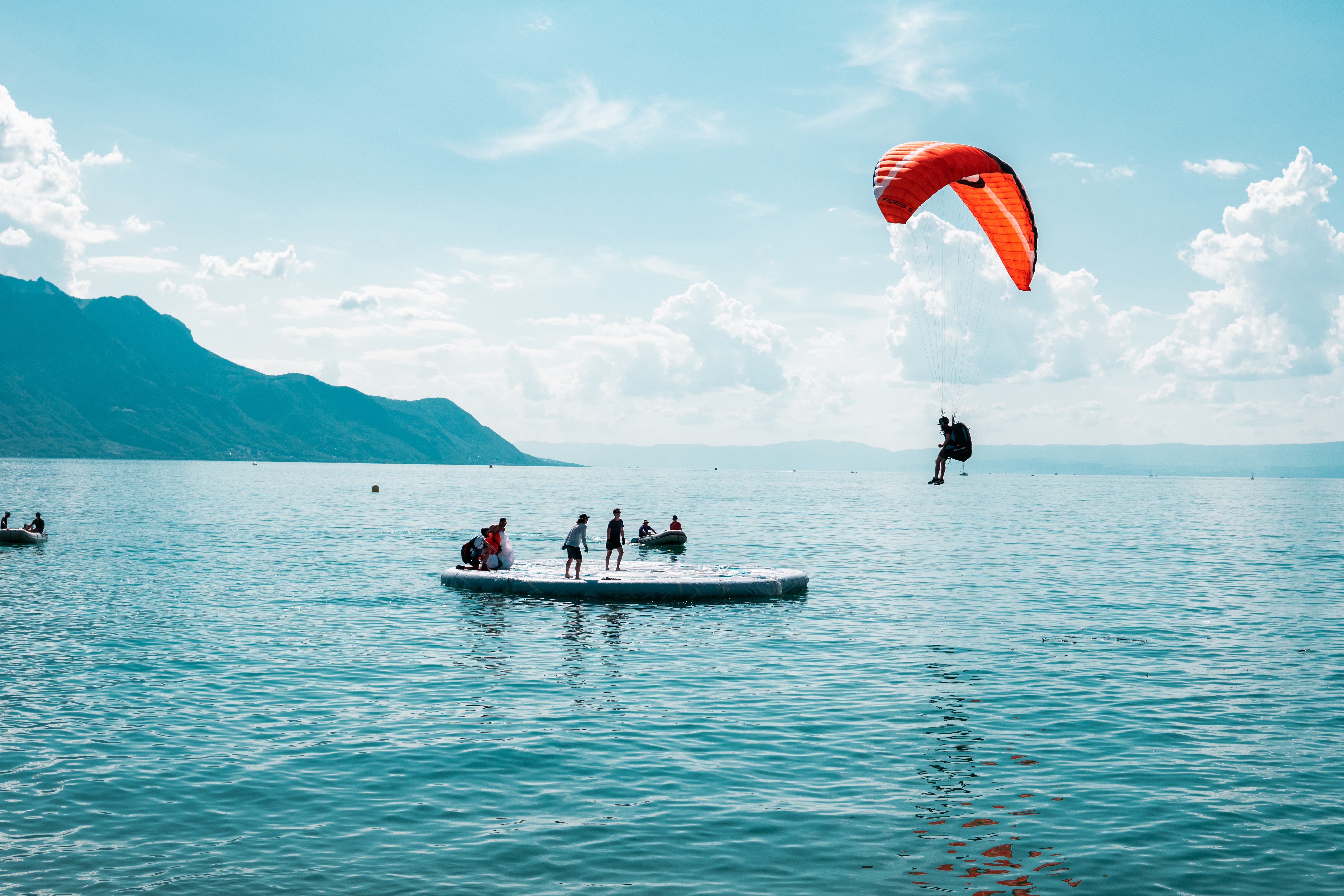
Internationalization Done Right: Why It’s Smart To Use A Soft Landing Program
1st Oct 2020
A few years ago, Harvard Business Review performed an analysis which revealed that for most companies, it takes up to 10 years after moving into a new market to reach just a 1 percent return on investment.
The challenge is that there’s no handbook for expanding your business to a new region. Finding customers and setting up the right team, product, and operations internationally is uncharted territory for many sports tech companies, especially for fast-growing startups.
While this might sound as if the odds are stacked against you, much has changed in the past years for the better. Health circumstances have pushed digitalization, we are becoming more connected than ever… and there’s been a massive growth of organizations that support startups and scaleups on their journey.
We at SportUp are entering our third year of existence, and the sports startup scene has been blessed with other projects like Le tremplin, SportTechX, SportTechie, and many more.
But even more important are the incubators and accelerators who are becoming essential facilitators to help raise the success rate of many startups’ internalization efforts.
An interesting concept in this light, is called ‘Soft Landing’.
Just like a spacecraft needs to avoid crashing while landing on the moon, startups also need a smooth, deliberate entry to a new market in order to create a much bigger chance of success in the short ànd long run.
So you might as well get some guidance - in the form of Soft Landing programs. Find out more in this article.
What is Soft Landing?
Soft Landing programs are designed to support startups who are actively looking to grow and scale (fast) in a new market, with the support of local and established partners.
Comparable to international ‘missions’ where participating companies visit international markets to explore their business possibilities in group, Soft Landing programs comprise of services offered on an individual basis to startups.
Soft Landing programs mainly revolve around connecting startup founders with one or more experts to help them get domain- and market-specific insights and introductions, fitted to their business. These experts are there to welcome and introduce them to the local market.
The insights startups receive are those that you cannot solely find via desk research, but are those for which you need local knowledge, such as: how is the market structured, who are the main players to keep in mind, how are similar organizations called in that foreign market, do local funding and support schemes exist, are there any preconditions to be able to enter the market, and many more.
How does Soft Landing work?
There are different types of Soft Landing programs, and some are free or to be paid for, but the principles are the same, says imec.istart’s internationalization expert Lies Boghaert.
"The goal of a Soft Landing program is always to facilitate quick market introduction in other European markets and gain relevant insights to make a validated decision by connecting them with a local ecosystem partner who knows the market and its players."
“When we receive a request via one of our international partners from a startup that shows interest in the Belgian market, we first assess why they choose Belgium, what they need, and what they already know about the local market."
"Based on that information, we can connect them to a relevant expert in our network to provide the necessary insights to the startup, by researching how the local Belgian sports or health market looks like, how the product or pricing correlates with the needs of the type of customers, etc. This first study offers the startup a clear view on the business possibilities of the market and helps decide whether or not Belgium (Europe) is an interesting market to scale to and how this could impact the planned expansion trajectory.”
“If the information gathered confirms that there's a market for their product, the next step is to design and support a go-to-market-strategy. The startup team travels to their new target market, meetings are arranged and workshops with experts are organized to further connect them with potential clients and users in the ecosystem."
Who offers Soft Landing programs in Europe?
Soft landing programs exist in different forms and are initiated by accelerators, cities or startup ecosystem partners who provide a network that spans a country, region or even worldwide. These are currently three of the most valuable Soft Landing Programs in Europe:
1. EuroIncNet Soft landing Program
imec.istart is a member of EuroIncNet, an initiative of Uppsala Innovation Centre Sweden gathering some of Europe's highest ranked business incubators and accelerators benchmarked by UBI Global.
“About 4 years ago, together with 6 more European incubators & accelerators, we created the EuroIncNet Soft landing network,” shares Lies Boghaert. “Examining the need of tech startups, we discovered the necessity to facilitate quick market introductions in other European markets. It’s a win-win: as a local accelerator, we're reassured that 'our' startups are well received and supported, and startups entering our market can count on our reliable support."
2. EIT Health Bridgehead
EIT Health is a European network promoting and supporting innovation in the EU. Their Soft Landing program called ‘the Bridgehead program’ provides European start-ups and scale-ups with individualized support in growing their validated businesses beyond their home markets. They also subsidize startups to apply for specific soft landing services from their network partners to help them scale cross-borders. (https://eithealth.eu/project/bridgehead/)
3. The Startup Cities Alliance (SCALE.CITIES)
Through this kind of networks, cities can offer their local businesses access to and support from other cities in the world. Connecting them and offer insights from a local/regional level. SCALE.CITIES is a collaborative force of global cities represented by their public ecosystem builders, who work together on strengthening local startup ecosystems through sharing their networks (‘peers’) and learnings (‘experiences, insights and best practices’). Its network consists of 16 cities throughout Europe as we speak, including Brussels and Antwerp.